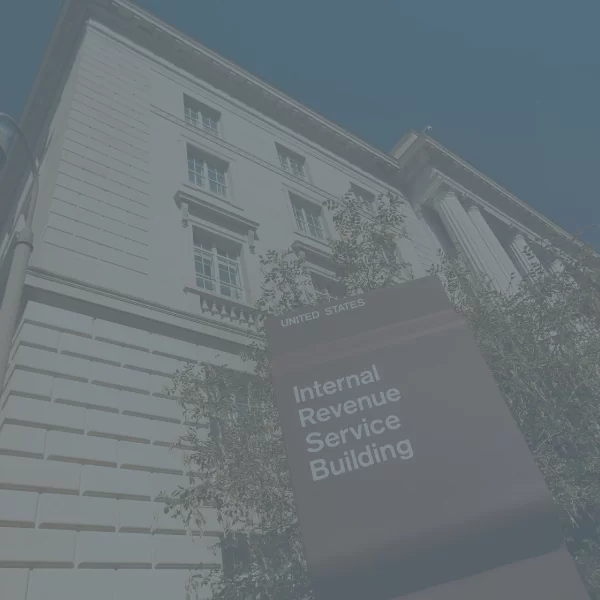The Internal Revenue Service (“IRS”) recently announced an initiative aimed at high-income non-filers into tax compliance. Specifically, the IRS has identified taxpayers that earned upwards of $400,000 between 2017 and 2021 as the focus of this new initiative who failed to file tax returns. In effect, the IRS program is driving tax compliance to high-income individuals through the issuance of a compliance alert, formally known as the CP59 notice. If you are one of these taxpayers, the IRS may be sending a CP59 letter, or you already may have received one.
A CP59 letter is IRS correspondence that states the IRS believes a taxpayer has not filed an individual income tax return. The IRS sends these letters based on information submitted on information returns (i.e., W2 or 1099s). Effectively, the IRS compares the information returns to whether an individual filed an individual tax return (i.e., Form 1040). If a taxpayer has not filed a return, then the IRS may attempt to bring a taxpayer into compliance by issuing a CP59 letter. The initiative relates to tax years between 2017 and 2021.
Receiving a CP59 letter may necessitate the expertise of a tax attorney to effectively address the issue. Receiving a CP59 letter in the mail indicates that the IRS believes a taxpayer may have not filed any tax returns. If you have received such a letter you need to take immediate action to avoid stronger enforcement measures. Two issues arise from not filing a yearly tax return:
- The statue of limitations do not begin to run; and
- The IRS may file a substitute return for the taxpayer.
Both avenues present challenges for taxpayers. In both instances, the taxpayer not only faces the potential accumulation of penalties and interest but also risks relinquishing control over the voluntary reporting of tax liabilities. This loss of control can have far-reaching consequences, impacting the overall financial standing of the individual. Therefore, it is imperative to recognize the role a tax attorney can advise in such circumstances, extending beyond the just management of penalties and interest.
Engaging a tax attorney to advocate on behalf of a taxpayer is a valuable resource. The IRS has many tools at its disposal to encourage tax compliance. First, if a taxpayer repeatedly does not file tax returns, then the IRS may pursue criminal prosecution, or levy additional penalties and interest. Second, filing a federal return does not eliminate state and local tax issues. Without filing a federal return, taxpayers have increasing difficulty in complying with state and local tax reporting requirements. As such, a tax attorney’s role extends to managing the taxpayer’s narrative, which includes accounting for potential issues in criminal, state, and local tax.
Consulting an attorney promptly after receiving a CP59 letter offers considerable advantages for taxpayers. For high-income taxpayers who have not filed returns, engaging legal representation before any IRS contact is crucial. Consulting with an experienced tax attorney will assist you in developing a strategy to bring you into compliance with the tax laws. The guidance of an experienced advisor in dealings with the IRS is an invaluable tool. In both scenarios, having tax counsel is an asset that helps taxpayers in navigating their case before the IRS.
If you receive a CP59 Notice, have questions about legal options relating to tax compliance, or to seek counsel from our Taxation practice group, please reach out to request a consultation or call us at 216-696-1422.
Author
-

Ryan M. Palko
Ryan Palko is an Associate attorney at McCarthy Lebit, where his practice concentration lies within the firm's Taxation practice group. Learn more about Ryan and his practice.
